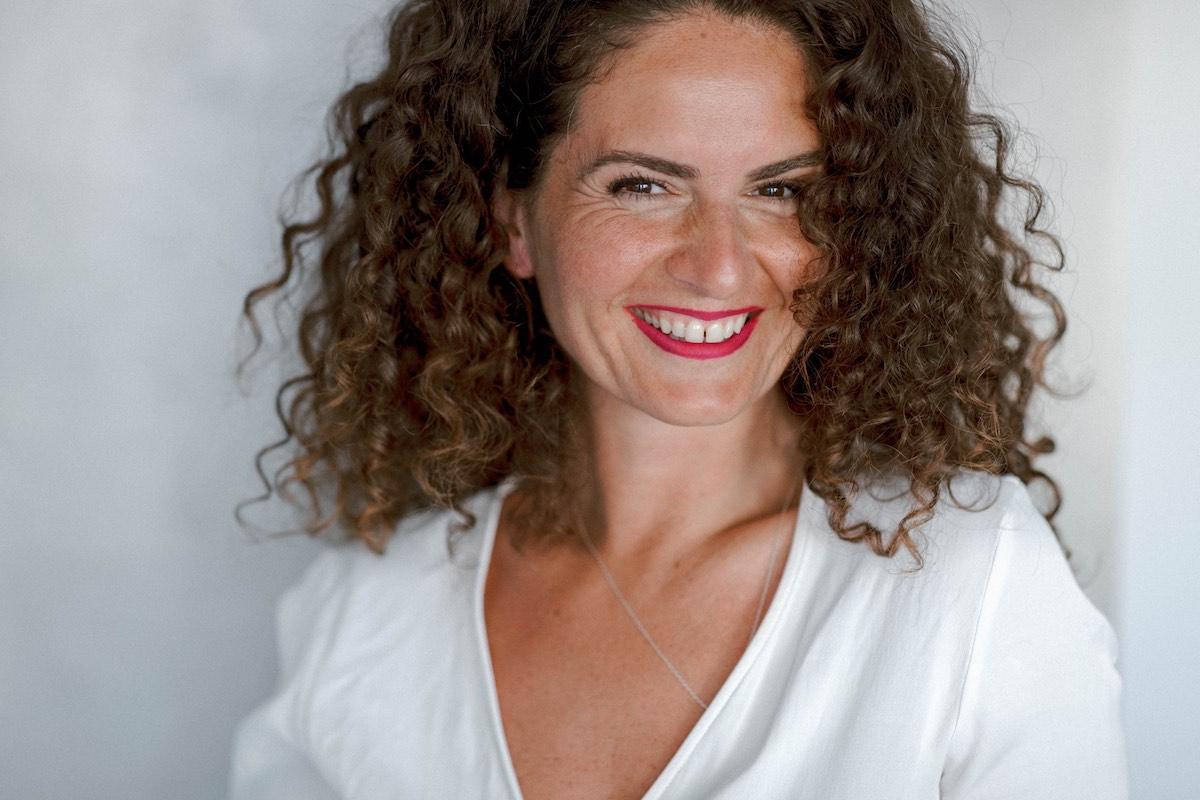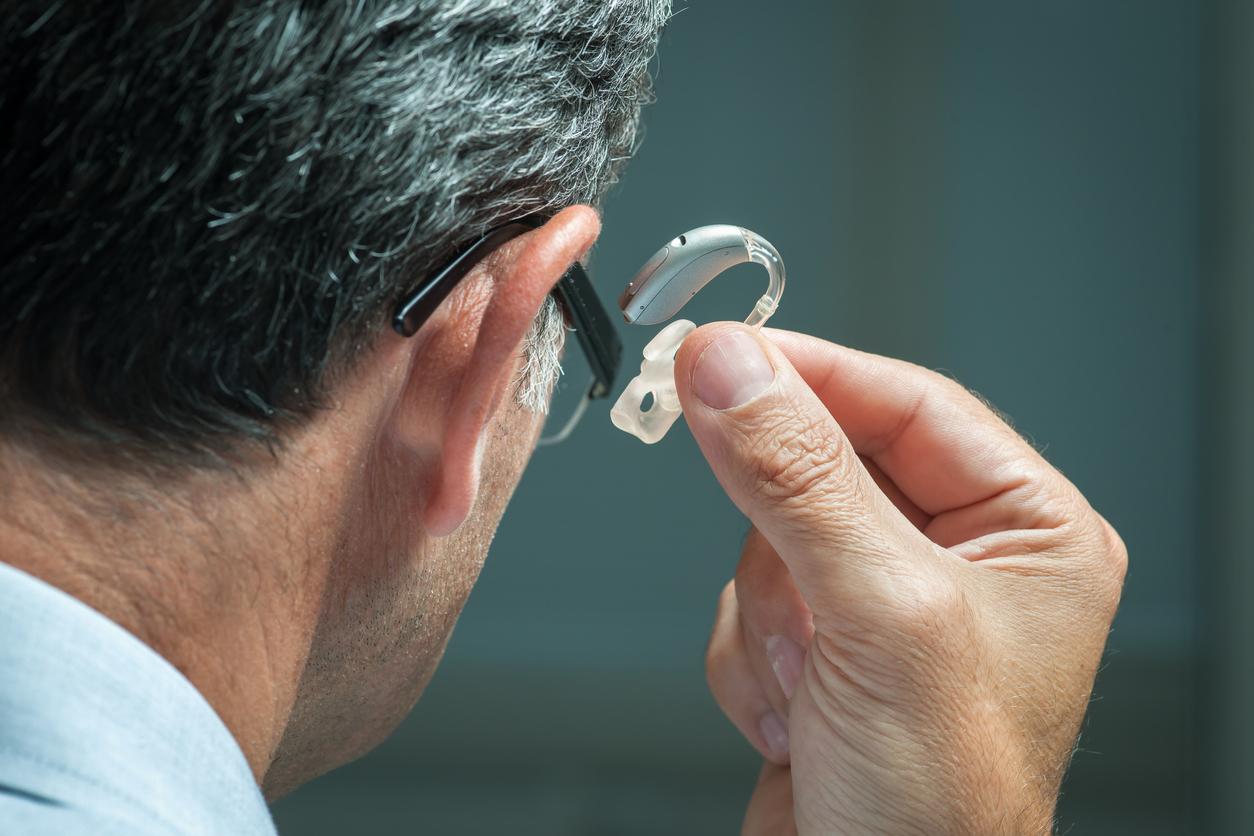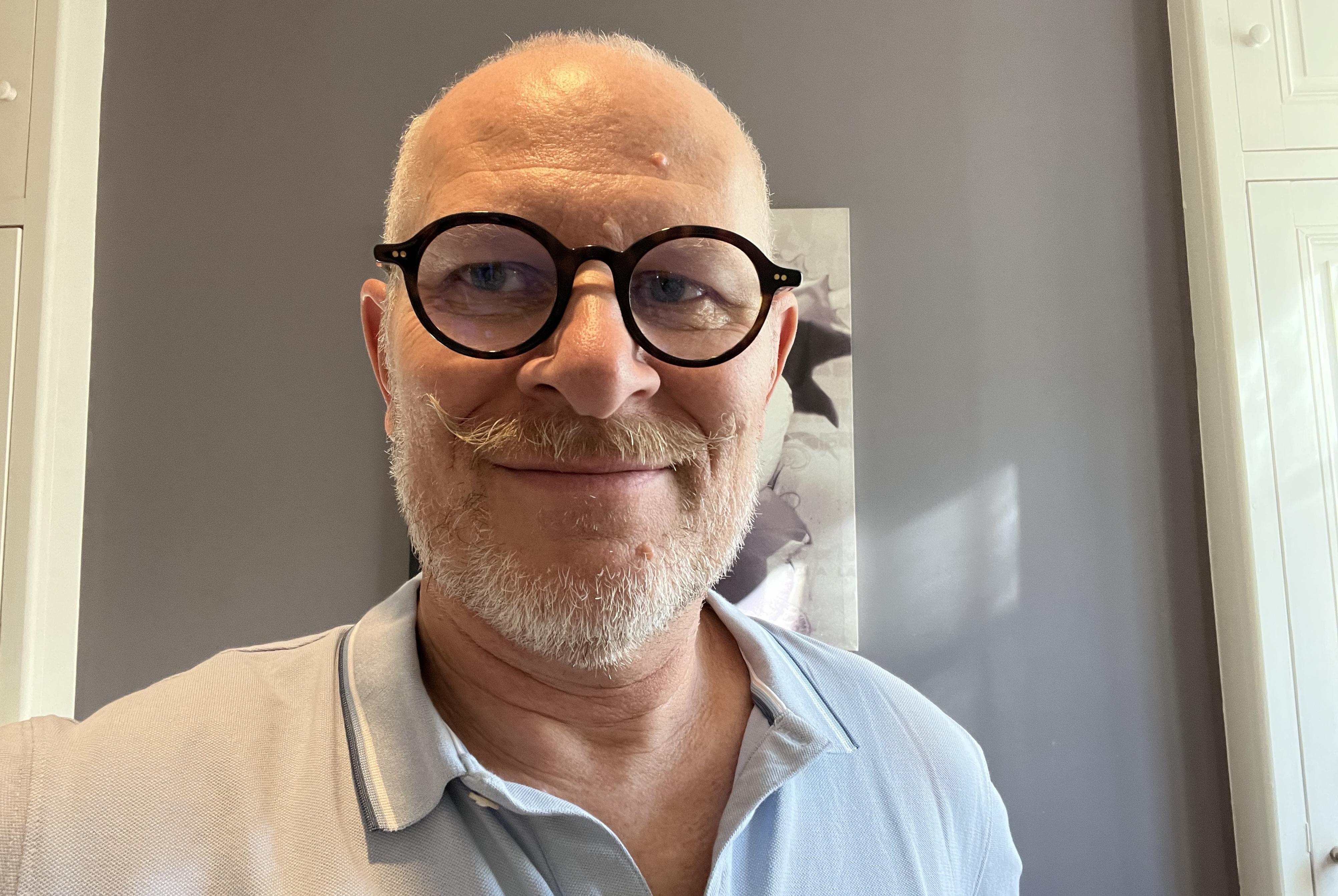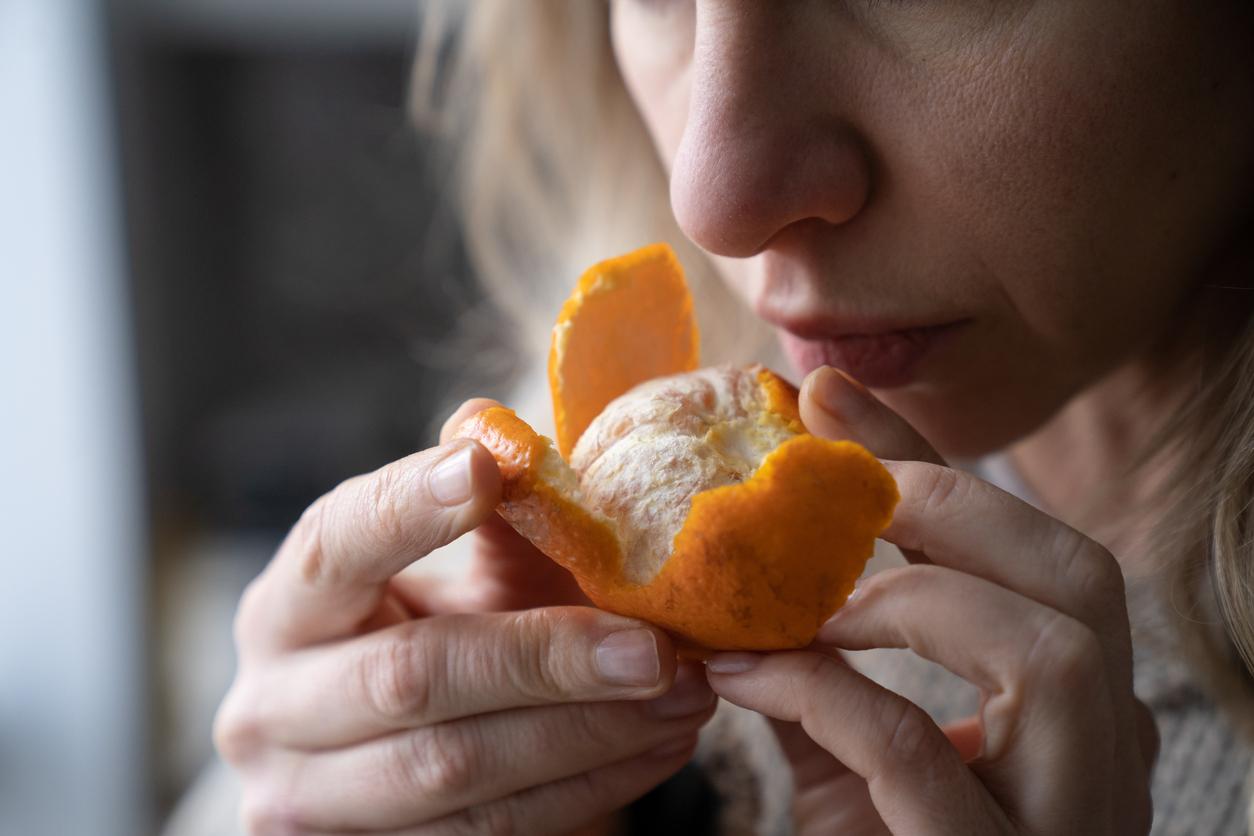Aurélia discovered her hypersensitivity during therapy at the age of 33. On the occasion of the release of his book “I assume my hypersensitivity and I find my freedom!” at Gereso editions, the former lawyer looks back on her career and all those years when it was difficult for her to find her place in a very structured and standardized society.

- In psychology, hypersensitivity is a higher than average sensitivity to the environment. It can be emotional, sensory, immediate or delayed.
- This innate trait affects 20% of the population.
“I think I always felt a shift but I didn’t have the words to explain it. For example, I always felt other people’s emotions, like their sadness, without them having to speak. I felt bad or tired in certain places, like shopping malls, since childhood.”
Emotions, heightened empathy… a perception of the world with fewer filters
It was during therapy, at the age of 33, that Aurélia learned that she was hypersensitive. “I then understood my functioning, in particular the fact of having fewer filters and feeling more strongly than the average: my emotions, sensory stimuli, but also having an exacerbated empathy, very many thoughts, etc.”
The 30-year-old documents herself on the subject, and takes a step back from all these past, sometimes difficult years. “I have long functioned thinking that I was “the problem”. For example, my office colleagues did not seem to me to be affected by the circumstances (light, noise, latent stress, etc.), whereas I was strongly. Before identifying that I was hypersensitive, I imagined that everyone was like me but that the others lived it well. Understanding how I work allowed me to put things right.”
Hyperesthesia: heightened sensitivity of the senses
If emotional intensity is one of the characteristics that are frequently found in hypersensitive people, it is not the only one, as the former lawyer explains in her book. “For my part, I experience my hypersensitivity particularly through my senses, this is called hyperesthesia. I am very sensitive to sounds, lights, smells, materials, etc. I hear noises that some people don’t and therefore the environment I work/live in has a direct influence on my energy level and my emotions.”
Aurelia’s hypersensitivity also translates into hyper-empathy. “I feel in my body the emotions (pleasant and unpleasant) of others, I anticipate their needs, I perceive the unspoken and what they mean, I have a very strong intuition. I am easily moved by a situation that does not concern me directly: like a movie or a scene in the street with strangers. Some violent images affect me very strongly and I cannot watch them.”
Public transport, open-space: “I was going home exhausted when my schedules were correct”
“I am also very sensitive to music, the arts, nature and silence revitalize me. When I worked in a company, it was very complicated for me to take public transport at rush hour and then work in an open space, always in a group and without silence… I came home exhausted when my schedules were correct . This is how I was able to understand the difference between time and energy: some things can take “little” time but a lot of energy.”
To “tame” her hypersensitivity and learn to live with it without it being a daily burden, Aurélia has developed a “emotional and sensory awareness”. “I paid more attention to what I was feeling: my emotions, my energy level, my needs. I evolved my context to suit me instead of over-adapting to a context that didn’t suit me. I learned to reduce the daily stimulation threshold: for example, by having my groceries delivered, by refusing outings, by moving to leave a building that was too noisy, by having few objects in my environment. I also learned to listen to my body, through dancing, eating and respecting my needs.”
“The need for meaning is visceral in highly sensitive people”
Like many other hypersensitive people, Aurélia has a great need for her life to have meaning. “It was this need for meaning that pushed me to change career paths. When I was a lawyer and then an executive in Human Resources, everything was going well but I was missing something inside that I couldn’t name: I needed to contribute, to feel useful. The need for meaning is visceral in highly sensitive people. So I initiated a professional retraining by being accompanied. This notion of meaning is specific to everyone, I like to say that there are as many ways to be hypersensitive as there are hypersensitive people.”
The 30-year-old is of the opinion that even today, hypersensitivity suffers from many prejudices that already exist concerning sensitivity, but in an exacerbated way. “Sensitivity is itself a “catch-all” word without us knowing what it really is, it is wrongly associated with weakness. We confuse sensitivity and sentimentality. We imagine that a person who makes room for his emotions is a weak person, who lets himself be walked on. So being hypersensitive would definitely be a problem! Hypersensitivity is often seen in a caricatural way: we imagine a person crying constantly, who could not be a leader or charismatic”, she regrets.
Sensitivity: “Acting as if we were robots is not viable in the long term”
“These prejudices are the reflection of a society which privileges the rational over the emotional, the visible over the invisible and which disconnects the human from his sensoriality. We are mortal therefore vulnerable and sensitive. This is part of the human adventure, acting as if we were robots is not viable in the long term and explains, in my opinion, why so many people suffer from burnout. To imagine not having emotions and sensations is to disconnect from our truth and from our body. I think that where hypersensitivity suffers the most from these prejudices is in the “corporate” professional environment guided mainly by performance to the detriment of the human, which leaves little room for emotions and sensoriality. This is also the case with men who, due to education in particular, sometimes have resistance to welcoming their sensitivity. Many of us have not learned to name, welcome and listen to our emotions, which makes everyday life uncomfortable. In reality, our emotions are there to give us messages about our needs.”
To learn more about Aurélia Monaco, find advice on hypersensitivity and discover other testimonials, you can read her book “I assume my hypersensitivity and I regain my freedom!”, published by Gereso and available on all platforms. . A dedicated version on its site with personalized sensory packaging is also available.













-1730888646.jpg)



